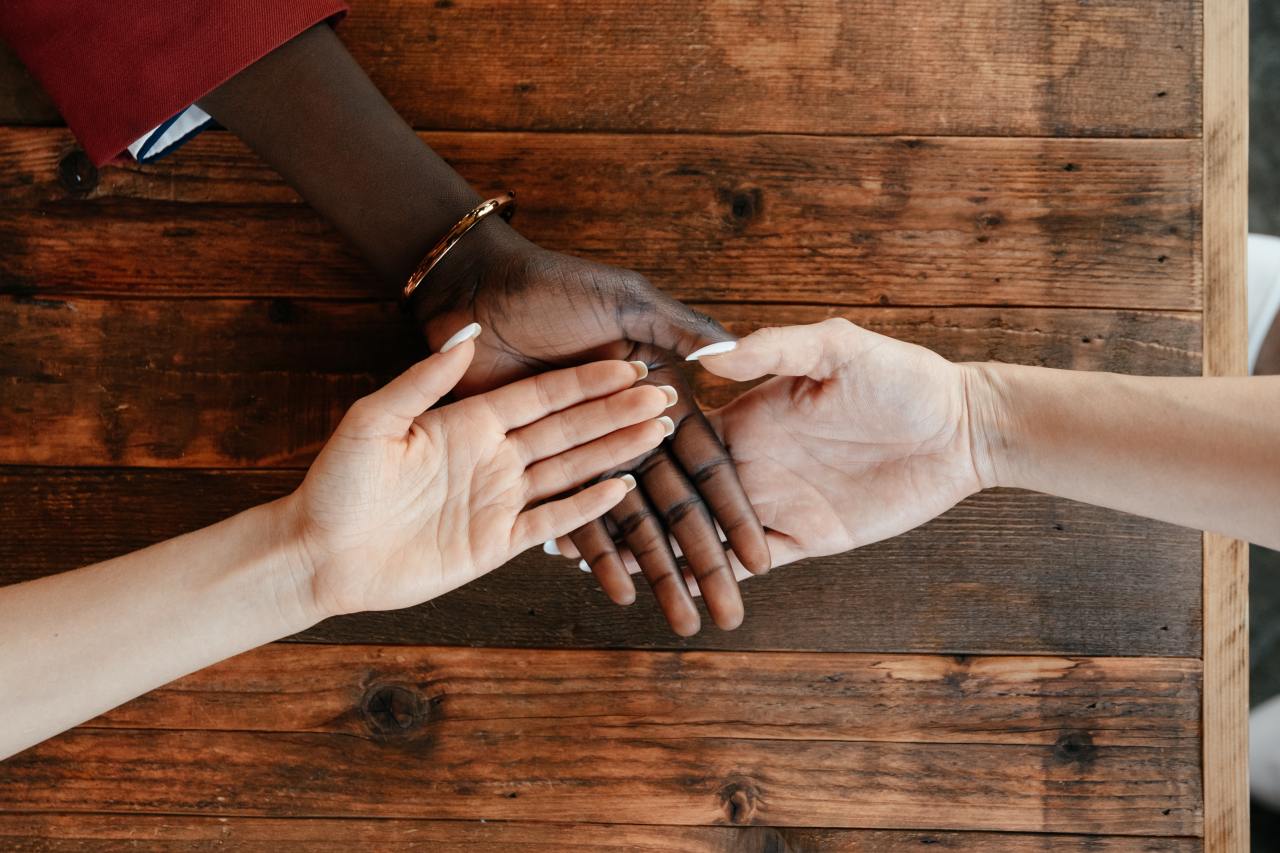
As A Third-Generation Japanese Canadian, Am I A Person Of Color?
This has been a question that’s been rolling around in my head in recent months. News articles and social media have been using the acronym BIPOC to describe black, indigenous, and people of color, and this has given me pause.
I was born in Toronto. My parents were born in British Columbia. Their parents, my grandparents, were born in Japan. That makes me a third-generation Canadian (or “sansei”; my parents are second-generation “Nisei” and my grandparents were “Issei”, while my daughter is “Yonsei”). I went through the public school system, mostly in the Toronto suburb of Scarborough in the 1970s and 80s. The first class picture I have is from Grade 1, when my family lived in Ottawa for a couple of years in the early 1970s. Other than me, the entire class and the teacher are white. I never noticed this (until I recently looked at this photo). My first house-league hockey team photo is the same. If I was looked upon differently by my neighbors, classmates, or teammates, I was ignorant to it (other than a few isolated incidents or nicknames based on my skin color and/or ancestry).
So as a third-generation Japanese Canadian, am I a person of color?
The treatment of Japanese Canadians in the mid 20th century is a big part of Canada’s dark, racist, often hidden history. My grandparents, parents, aunts, and uncles were all affected by this in ways that I will never fully comprehend. The struggles, work ethic, and perseverance of my parents’ and grandparents’ generations are not lost on me, for it has provided me with privileges that I am becoming more aware of as I’ve aged. I have had the privilege of growing up in an upper-middle class family, neighborhood, and school system. I have had the privilege of living the life of the visible majority, despite being a visible minority.
I don’t know what the experience for other Japanese Canadians of my generation was like, just as I could never fully understand what the indigenous people of Canada have gone through and continue to experience. I don’t know what it’s like to be black. Or white. Or Muslim. Or anything beyond my own privileged life experiences. And it’s wrong for me to make assumptions about anyone’s experience.
Through everything that has been going on, this is what I’ve learned: In these sensitive times, I need to listen and learn. Whether I’m a person of color or not isn’t the issue. What matters is that right now, today, there are many people who don’t have the same opportunities that I have had because of their race or skin color. And they’re speaking up. We need to listen and support them, not judge them.
